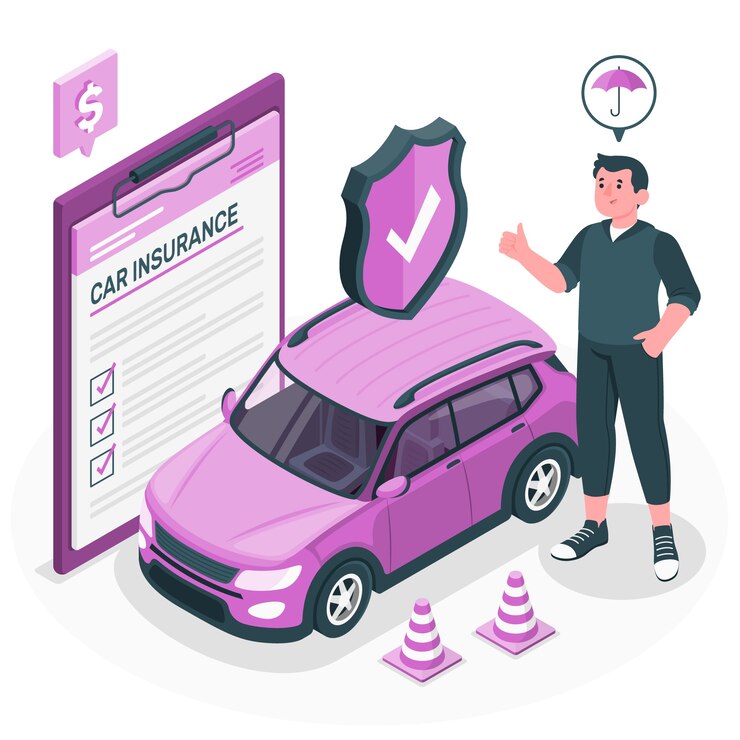Understanding Auto Insurance: A Comprehensive Guide

What Is Auto Insurance?
Auto insurance is a contract between a vehicle owner and an insurance company that provides financial protection against losses due to accidents, theft, or other damages. In exchange for a premium, the insurer covers specific risks outlined in the policy.
Why Is Auto Insurance Important?
Auto insurance is crucial for several reasons:
- Legal Requirement: Most states and countries mandate car insurance for all drivers.
- Financial Protection: It helps cover expenses related to accidents, repairs, medical bills, and legal fees.
- Peace of Mind: Knowing you’re covered in case of an accident reduces stress and uncertainty.
Types of Auto Insurance Coverage
1. Liability Insurance
Liability insurance covers damages and injuries caused to others if you are at fault in an accident. It typically includes:
- Bodily Injury Liability: Covers medical expenses and legal costs for injuries to others.
- Property Damage Liability: Covers damage to another person’s property.
2. Collision Insurance
This coverage pays for repairs or replacement of your vehicle if it’s damaged in an accident, regardless of fault.
3. Comprehensive Insurance
Comprehensive insurance covers non-collision-related incidents such as theft, vandalism, natural disasters, or animal collisions.
4. Personal Injury Protection (PIP)
PIP covers medical expenses, lost wages, and rehabilitation costs for you and your passengers, regardless of fault.
5. Uninsured/Underinsured Motorist Coverage
This coverage protects you if you’re involved in an accident with a driver who has little or no insurance.
Factors Affecting Auto Insurance Rates
Several factors determine your auto insurance premiums:
- Driving Record: A clean record results in lower rates, while accidents and violations increase premiums.
- Vehicle Type: Luxury and sports cars usually have higher insurance costs.
- Location: Urban areas with high traffic and crime rates typically have higher premiums.
- Age and Experience: Young and inexperienced drivers pay more for insurance.
- Credit Score: Many insurers use credit history to determine rates.
How to Lower Auto Insurance Costs
Here are some ways to reduce your insurance expenses:
- Shop Around:To get the greatest deal, compare prices from several insurance providers.
- Bundle Policies: Many insurers offer discounts for bundling auto and home insurance.
- Increase Deductibles: Opting for a higher deductible can lower premiums.
- Maintain a Good Driving Record: Safe driving habits lead to lower rates.
- Take Advantage of Discounts: Look for discounts for safe drivers, students, or anti-theft devices.
Conclusion
Auto insurance is an essential investment for every driver, providing financial protection and legal compliance. Understanding different coverage types, factors affecting premiums, and strategies to lower costs can help you make informed decisions. Always compare policies and choose one that best suits your needs and budget.

